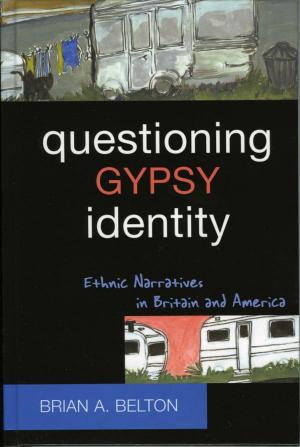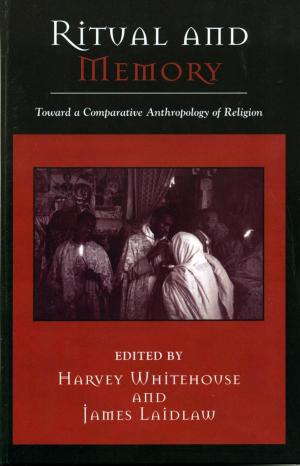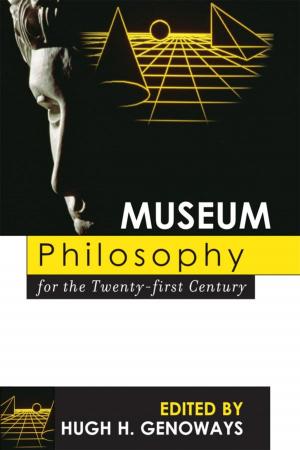George Herbert Mead and Human Conduct
Nonfiction, Social & Cultural Studies, Social Science, Sociology| Author: | Herbert Blumer | ISBN: | 9780759112537 |
| Publisher: | AltaMira Press | Publication: | December 10, 2003 |
| Imprint: | AltaMira Press | Language: | English |
| Author: | Herbert Blumer |
| ISBN: | 9780759112537 |
| Publisher: | AltaMira Press |
| Publication: | December 10, 2003 |
| Imprint: | AltaMira Press |
| Language: | English |
In this posthumous volume, renowned sociologist Herbert Blumer analyzes George Herbert MeadOs position in the study of human conduct. Engaged with MeadOs work for over half a century, Blumer explored MeadOs ideas for developing the theoretical and methodological position of symbolic interactionism, a term that Blumer would later introduce. Although Blumer focused on the sociological and social psychological implications of MeadOs pragmatism, his objective was to explore social processes embodied in and formed through social action. Envisioning individual and collective social action as ongoing accomplishments achieved through symbolic interaction, Blumer insisted on grounding scholarly knowledge about the human condition in the empirical world of peopleOs experiences. Organized and introduced by Thomas J. Morrione, a colleague and friend to whom Blumer entrusted his unpublished papers, the volume also includes BlumerOs correspondence with David L. Miller about Mead's theories and other related correspondence. For a greater understanding of both MeadOs philosophies and Blumer's, this volume will be essential reading for students and teachers of social theory and symbolic interactionism.
In this posthumous volume, renowned sociologist Herbert Blumer analyzes George Herbert MeadOs position in the study of human conduct. Engaged with MeadOs work for over half a century, Blumer explored MeadOs ideas for developing the theoretical and methodological position of symbolic interactionism, a term that Blumer would later introduce. Although Blumer focused on the sociological and social psychological implications of MeadOs pragmatism, his objective was to explore social processes embodied in and formed through social action. Envisioning individual and collective social action as ongoing accomplishments achieved through symbolic interaction, Blumer insisted on grounding scholarly knowledge about the human condition in the empirical world of peopleOs experiences. Organized and introduced by Thomas J. Morrione, a colleague and friend to whom Blumer entrusted his unpublished papers, the volume also includes BlumerOs correspondence with David L. Miller about Mead's theories and other related correspondence. For a greater understanding of both MeadOs philosophies and Blumer's, this volume will be essential reading for students and teachers of social theory and symbolic interactionism.















